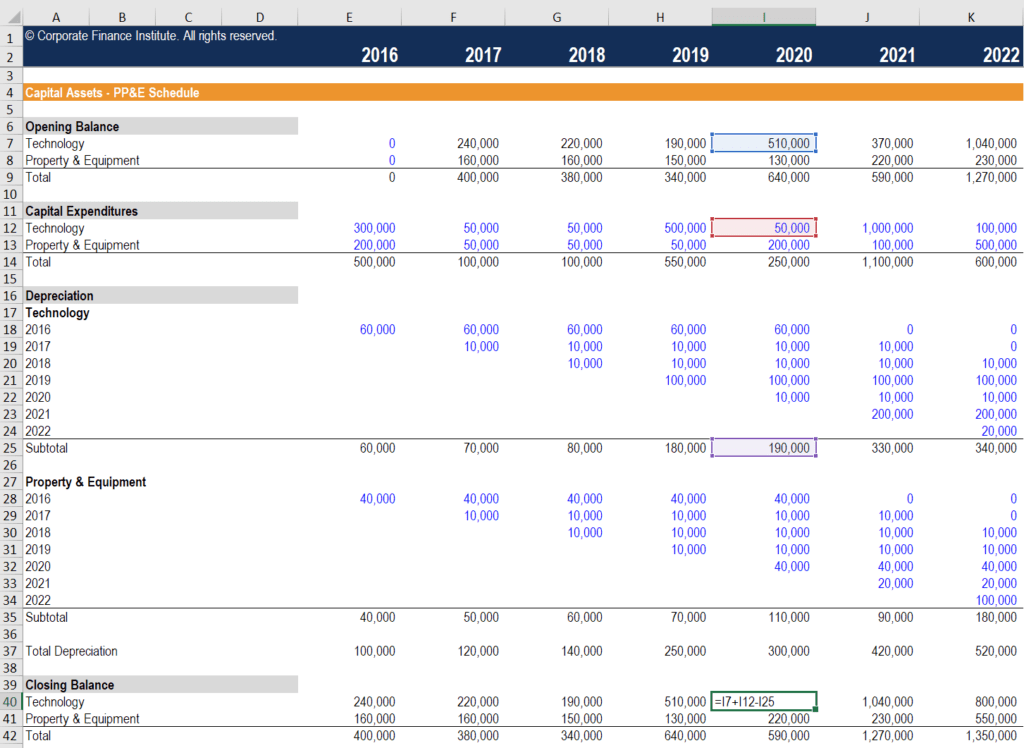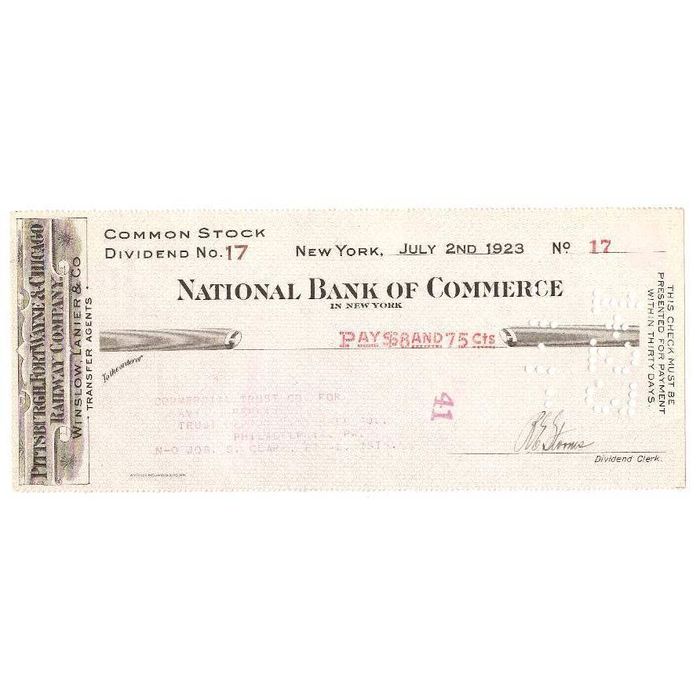Compound Interest The Most Powerful Force in the Universe?

Order your copy of Investopedia’s What To Do With $10,000 magazine for more wealth-building advice. We suspect that this perspective on the power of compound interest is a fairly modern invention, one which has been retroactively placed into the mouth of a prominent dead person to give it more punch. References continued to proliferate, but QI will stop the presentation here because the citations above provide a reasonable sample. One question I was asked at practically every stop was, “What’s the greatest invention of all time? ” I finally worked up an acceptable answer to this one, one I hoped would preserve my goal of presenting positive, optimistic views of science.
Compounding Interest Periods
Where C is each lump sum and k are non-monthly recurring deposits, respectively, and x and y are the differences in time between a new deposit and the total period t is modeling. Compound interest is contrasted with simple interest, where previously accumulated interest is not added to the principal amount of the current period. Compounded advantages and disadvantages of dividend yields interest depends on the simple interest rate applied and the frequency at which the interest is compounded. This economic philosophy doesn’t have a direct relationship with money management, but I thought it was interesting to note. Because of individual freedom, cherished by Einstein, we are able to build wealth for ourselves. In some countries, if our parents were poor servants, we’d be poor servants, too, without any economic mobility.
How Can I Tell if Interest Is Compounded?
- Hold onto your hat, June, because a 20 percent annualized return would have turned the $6.11 into $351.4 million.
- But if you have debt, compounding of the interest you owe can make it increasingly difficult to pay off.
- Quote investigator also found some earlier quotes claiming that compound interest is the “greatest invention”, but none of them involve Einstein in any way until well after his death.
- Allan S. Roth is the founder of Wealth Logic, an hourly based financial planning and investment advisory firm that advises clients with portfolios ranging from $10,000 to over $50 million.
- The Truth in Lending Act (TILA) requires that lenders disclose loan terms to potential borrowers, including the total dollar amount of interest to be repaid over the life of the loan and whether interest accrues simply or is compounded.
Having a longer investment horizon is important as the effect of compound interest may not be obvious in the short term, but will be realised over time. While young people may not have much money to invest with, time is on their side and they are in the best position to take advantage of compound interest to accumulate wealth. There is no question that Einstein enjoyed the personal freedom to succeed in the United States afforded by the country’s capitalist underpinnings. He didn’t like the militaristic nature of his schools, where pupils were not encouraged to ask questions, and learning was affected through rote memorization. The young Einstein had no interest in this type of training to blindly worship authority. He believed that humans were given brains so they could do much more than trust received knowledge unquestioningly.
There’s often a trend to follow the herd — to buy stocks when it seems like everyone is buying and to sell stocks when it seems like everyone else is selling. journal entry for loan given Being a non-conformist, investing against the grain, can help investors buy low and sell high.

Monthly amortized loan or mortgage payments
He loved the idea that he and others could question authority without fear of reprisal. Einstein also enjoyed the lack of a class system as was prevalent throughout Europe. His breakthrough in the understanding of the physical universe came from his ability to imagine how the world might work, and then ask himself questions and solve problems to determine which theories could be tested.
Depositors benefit from compound interest receiving interest on their bank accounts, bonds, or other investments. They invest $5,000 initially, then $500 monthly for 15 years, also averaging a monthly compounded 4% return. By age 65, your twin has only earned $132,147, with a principal investment of $95,000. Compound interest can significantly boost investment returns over the long term. Over 10 years, a $100,000 deposit receiving 5% simple annual interest would earn $50,000 in total interest.
He might have; the sentiment matches what seems to be this particular genius’s sense of humor. Compound interest simply means you’re earning interest on both your original saved money and any interest you earn on that original amount. Although the term “compound interest” includes the word interest, the concept applies beyond interest-bearing bank accounts and loans, including investments such as mutual funds. Suppose you deposit $1,000 into a savings account with a 5% interest rate that compounds annually, and you want to calculate the balance in five years.
Zero-coupon-bond issuers use the power of compounding to increase the value of the bond so it reaches its full price at maturity. The same logic applies to opening an individual retirement account (IRA) and taking advantage of an employer-sponsored retirement account, such as a 401(k) or 403(b) plan. Start early and be consistent with your payments to get the maximum power of compounding. Because compound interest general rules for debits and credits includes interest accumulated in previous periods, it grows at an ever-accelerating rate. In the example above, though the total interest payable over the loan’s three years is $1,576.25, the interest amount is not the same as it would be with simple interest. The interest payable at the end of each year is shown in the table below.
Where r1 is the interest rate with compounding frequency n1, and r2 is the interest rate with compounding frequency n2. In conclusion, this article presents a snapshot of current research. The label “eight wonder” was applied to compound interest in an advertisement for a bank in 1925. No attribution was provided, and anonymous advertising copy writers have applied the “eight wonder” label to a wide variety of objects and ideas for more than two hundred years. QI has found no substantive evidence that Albert Einstein, Baron Rothschild, or John D. Rockefeller employed the saying. QI hypothesizes that the statement was crafted by an unknown advertising copy writer.
For the most part, he let other scientists worry about the testing part, giving himself room for his thoughts to consider the world in ways no one had considered it previously. It seems Einstein would not be too happy with the way people revere the most popular financial gurus. Fans of gurus will continue to stand up for their heroes despite displays of lack of character and lack of sense. Fans are invested in their heroes; to admit their guru isn’t perfect is to admit they wasted time, money, and energy.
